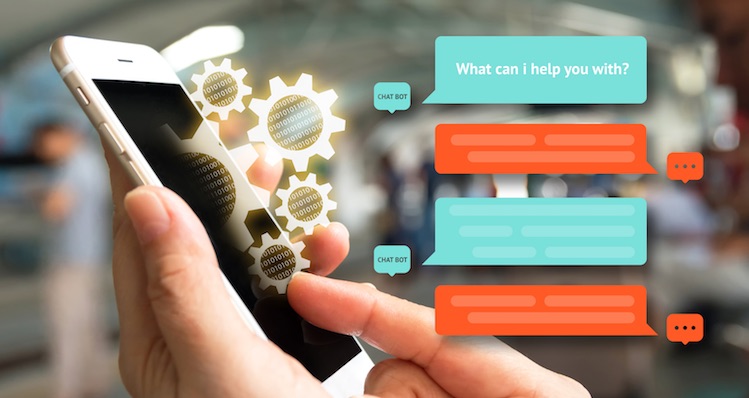The Customer Effect
‘Toes in the water’: Banks play around with chatbots
- Banks are turning to chatbots to improve the customer service experience and reduce reliance on live customer service agents.
- Given early missteps with chatbots, banks are moving slowly to ensure the technology can meet consumer demands.








